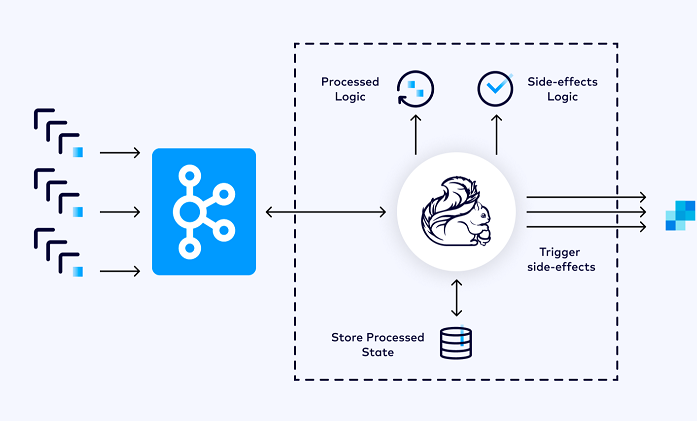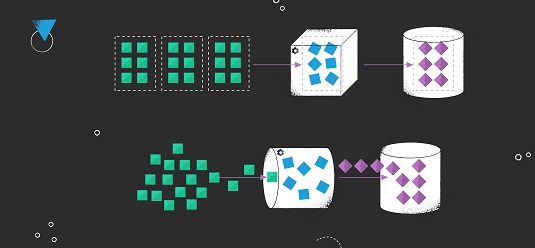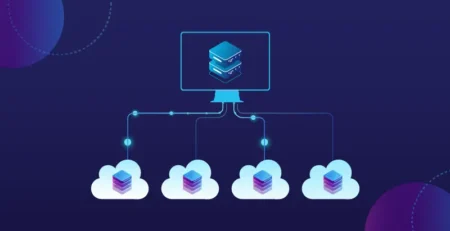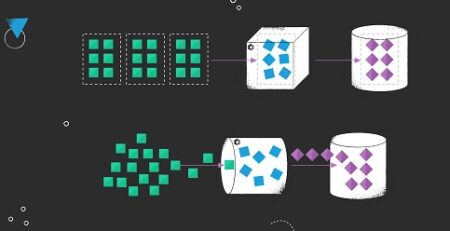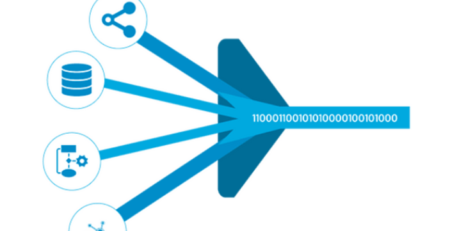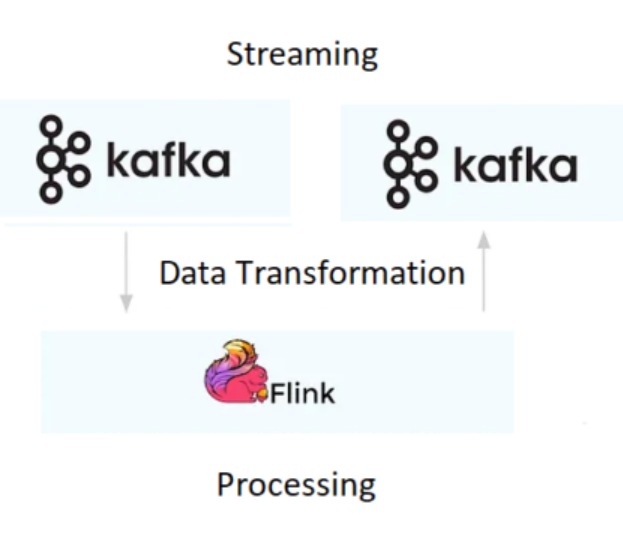- Products & Platforms
- RouteEye – Real-time Vehicle Tracking System
- Kalrav AI Agent – A Powerful, Customizable AI Agent
- LeafAid AI – Your Smart Crop & Plant Health Companion
- Staff IRIS – GPS-based Real-time Monitoring of Field Staffs
- Koolanch – Self-service Data Integration Platform
- SkillAnything – eLearning Platform for Organizations
- KafkaView – Real-time Kafka Cluster Monitoring
- Cloud & Data Engineering
- IoT
- AI & ML
- Solutions
- Company
+91 (988) 002 7443 | [email protected]
- Products & Platforms
- RouteEye – Real-time Vehicle Tracking System
- Kalrav AI Agent – A Powerful, Customizable AI Agent
- LeafAid AI – Your Smart Crop & Plant Health Companion
- Staff IRIS – GPS-based Real-time Monitoring of Field Staffs
- Koolanch – Self-service Data Integration Platform
- SkillAnything – eLearning Platform for Organizations
- KafkaView – Real-time Kafka Cluster Monitoring
- Cloud & Data Engineering
- IoT
- AI & ML
- Solutions
- Company
Process Streaming Data with Apache Flink
- Home
- Process Streaming Data with Apache Flink
© Copyright 2026. All Rights Reserved.

